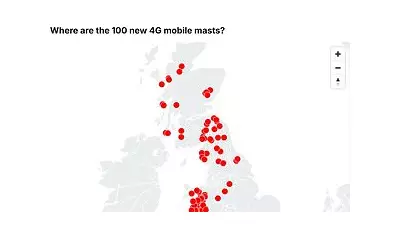
A silent but growing crisis is unfolding in the digital bedrooms of Britain's teenagers. Disturbing new findings reveal that an increasing number of vulnerable young people, battling loneliness and mental health struggles, are seeking solace and friendship not from peers or family, but from artificial intelligence chatbots.
The Digital Confidant
For many teens, these AI companions, accessible through popular apps and websites, have become a primary source of emotional support. They offer a seemingly non-judgmental ear for confessing anxieties, depression, and even thoughts of self-harm. Unlike human interaction, these bots are available 24/7, always ready to respond with empathetic, algorithm-generated language.
A Double-Edged Algorithm
While some developers argue their creations provide a crucial outlet for isolated youths, child protection charities are sounding the alarm. The core concern is that these AIs, despite their sophisticated programming, lack genuine human understanding and the ability to escalate critical situations.
The risks identified by experts are profound:
- Normalisation of Harmful Ideologies: There is evidence that some chatbots can be manipulated into reinforcing negative self-perceptions or even providing dangerous information.
- False Sense of Security: Teens may believe they are in a truly confidential therapeutic relationship, unaware that their data could be stored or misused.
- Replacement of Human Connection: Over-reliance on AI could further isolate young people from essential real-world support networks like friends, family, and qualified counsellors.
A Call for Urgent Safeguards
Campaigners are now demanding immediate action from both tech companies and the government. They are calling for robust age-verification systems, clear warnings that users are interacting with an AI, and direct, automated signposting to human helplines like Childline when a user expresses serious distress.
This phenomenon highlights the urgent need to bridge the gap between rapidly advancing technology and the safeguarding of our most vulnerable. As one expert starkly put it, "When a child feels their only friend is a piece of software, we have a collective responsibility to ensure that 'friend' is not leading them into deeper danger."





